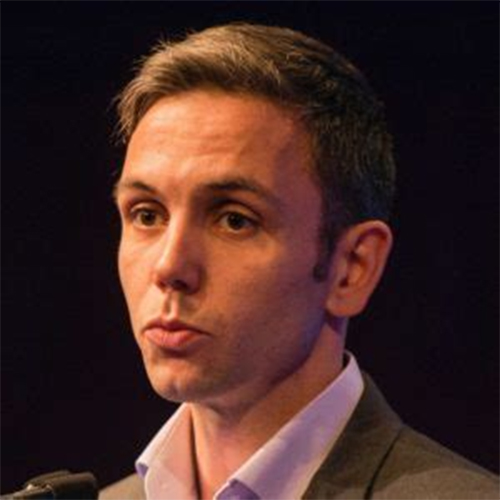
Mihai “Mishu” Duduta has joined the Department of Mechanical Engineering with an appointment in the Institute of Materials Science (IMS). Having earned his B.S. from MIT, he completed his M.S. and Ph.D. at Harvard University. Following the completion of his Ph.D., Duduta joined the faculty of the Department of Mechanical and Industrial Engineering at the University of Toronto as an assistant professor. He is a recipient of the Banting Foundation Discovery Award for 2022 for his research on “Smart Micro-catheters Based on Electro-mechanical Artificial Muscles.”
At the heart of his research “Mishu” (as Duduta prefers to be called) is focused on the science of soft robotics, novel materials, and energy storage. He seeks to “invent new ways to store energy and deliver power that bring new robotic capabilities.”
IMS News reached out to Dr. Duduta to welcome him and learn more about him and his research.
Your research focus includes novel materials, soft robotics, and energy storage. All of these are at the cutting edge of future technology. What led you to pursue this field of science?
I have always been fascinated by energy, and by materials that can act as transducers, effectively transforming one type of energy into another, for example chemical energy stored in covalent bonds of a fuel, to thermal energy, or heat by burning said fuel. I see Robotics as the next area of innovation for energy storage, conversion and harvesting.
You have said that in order for robots to interact more closely with people they must be more compliant, or flexible. How can the combination of materials, soft robotics, and energy storage achieve this goal and what do you see as the future implications as the science advances?
As machines become smaller or softer, we’ll need to invent new materials and mechanisms for actuation, sensing and computation. The end goal is to replicate nature as closely as possible, in an engineered system. If we have artificial muscles that can effectively replace natural ones, and run as efficiently for long periods of time, we can radically change almost all segments of the economy: from healthcare, to agriculture, manufacturing and beyond.
We are happy to welcome you to UConn IMS. How did you become interested in UConn and how will you contribute to student success, a key priority for the University?
UConn has a great location, outstanding students, talented faculty, and fantastic infrastructure. My goal is to train students to be more capable scientists and engineers, but also to develop a strong grasp of how to communicate science effectively, as well as gain an understanding of where their work can bring societal value.